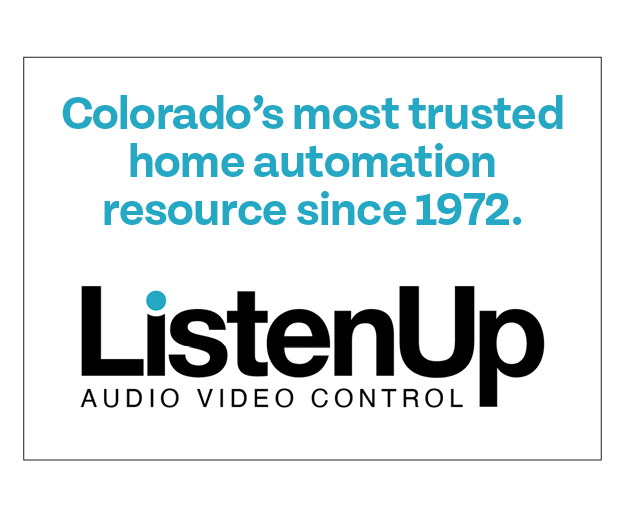There are 70 home-rule cities in Colorado. Many have agreed to participate in the Colorado Department of Revenue’s SUTS System, and have adopted the Colorado Municipal League’s Model Ordinance for Economic Nexus and Marketplace Facilitators. More cities continue to join.
In general, if you are in Colorado and you make more than one sale in a city within a specified period, even if shipped by a third party, you are also required to register, collect and remit that city’s sales tax. Here’s Golden’s code, Ordinance No. 2139 Section 1, as an example:
“Engaged in business in the city means performing or providing services or selling, leasing, renting, delivering, or installing tangible personal property for storage, use or consumption within the city. Engaged in business in the city includes, but is not limited to, any one of the following activities by a person or retailer: …
(5) Any retailer who does have a physical presence in the State of Colorado, without having a physical presence within the city, that in the preceding calendar year or the current calendar year makes more than one retail sale of tangible personal property, products, or services, where the location at which property or a product is delivered by any means, including common carrier within the city, or the service rendered occurs within the city; … .” [Emphasis ours.]
RELATED: Renewable Energy Sales and Use Tax Exemptions for Builders
Regarding the small seller exemption
Beginning July 1, all retailers will be required to comply with destination sourcing rules. The Department of Revenue’s geographic information system (GIS) is available now to determine the jurisdictions to which tax is owed, and to calculate appropriate sales and use tax rates for individual addresses.
Some cities have adopted Economic Nexus and made a change to their definitions of “Engaged in Business” or “Doing Business,” adding a clause like this one from Golden’s Ordinance No. 2139, Section 1:
(6) Makes retail sales of tangible personal property, products, or services sufficient to meet the definitional requirements of economic nexus, as set forth in this Section 3.02.010.
We’ve found that some home-rule cities believe adopting Economic Nexus means in-state businesses also have to register even if no change like in Golden’s Section 1(5) was made. We believe that meeting Section 1(6) regarding Economic Nexus applies to out-of-state businesses, and that a specific change addressing in-state businesses is needed for applicability.
Our recommendations
Properly understanding the State’s requirements, plus county- and city-specific requirements, prior to choosing a development site or bidding on a project will bode well for all parties involved. Start any job with an address verification to find out which taxing jurisdictions the jobsite is in.
When making retail sales with installation, versus performing construction to improve real property (generally involving a building permit), use the GIS for address verification. Plan to collect and remit for all applicable state-collected local jurisdictions, and any home-rule jurisdictions that require such, even if you never set foot in their city.
Provide your vendors with the home-rule city specific “Affidavit of Exempt Sale,” in addition to your sales tax certificate when purchasing for resale.
If you are selling to contractors claiming an exemption from sales tax, obtain the building permit showing city and/or county use tax was paid. If they claim it’s for resale, obtain resale certificates, plus the Affidavit of Exempt Sale, for the state and any applicable home-rule city.









